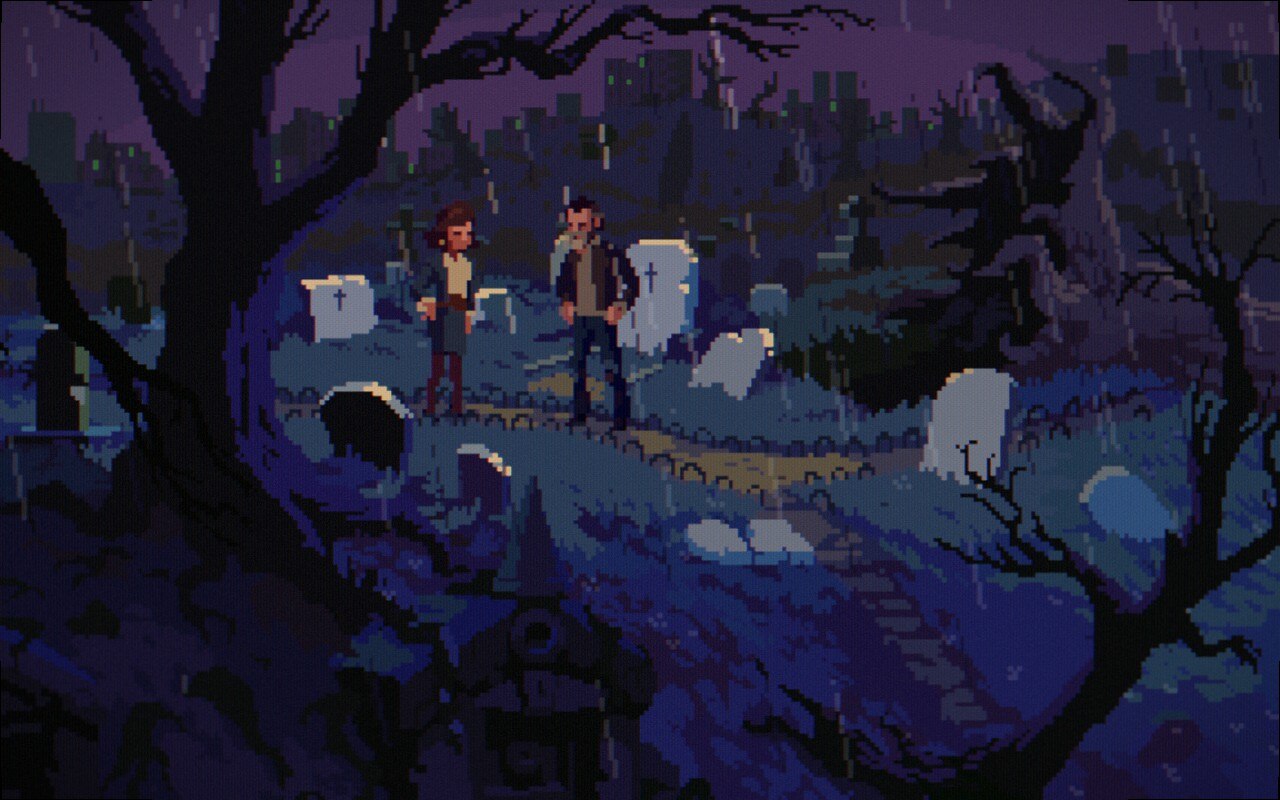Call of Juarez: The Cartel preview
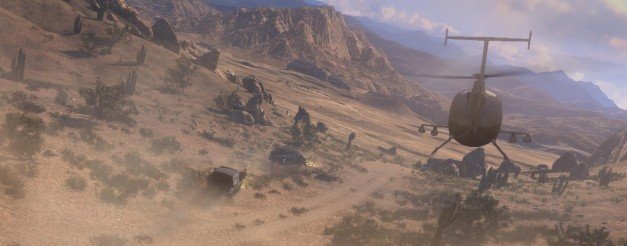
He's a man apart. His trench coat is lifted gently by a light wind, the Nevada dust rising up around him like a shroud. He's here to face down some criminal scum and exchange a prisoner. But he hasn't come alone. He's got a pair of friends up on a nearby mesa, not even a telltale glint of a scope to give them away. You know, when a guy in a cowboy hat brings along friends like these, it's not exactly going to go according to plan.
It doesn't. The other side brought snipers too and suddenly all hell breaks loose. So long as hell means a gunfight. It could be ripped out of any number of spaghetti westerns, except... those guns? They're automatic. And the mustangs they chase each other on? They're 200 horsepower. Call of Juarez isn't in the Old West any more. It's moved on.
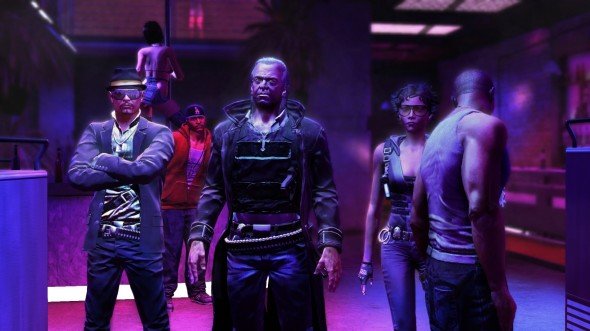
According to Blazej Krakowiak, project coordinator of Polish developers Techland, their reasons are far more interesting than merely jumping on a bandwagon. “We didn't want to stand still, we wanted to move forward with the series, and the modern setting was something that had a compelling argument behind it, especially those things that it allows us to use.” Things like automatic weapons and assault rifles. And cars.
Before they were out in the desert, the game's three protagonists were in Los Angeles, tracking down a lead on a drug lord. So far, so police procedural. Except this actually is like a police procedural, and it doesn't just start out with a gunfight.
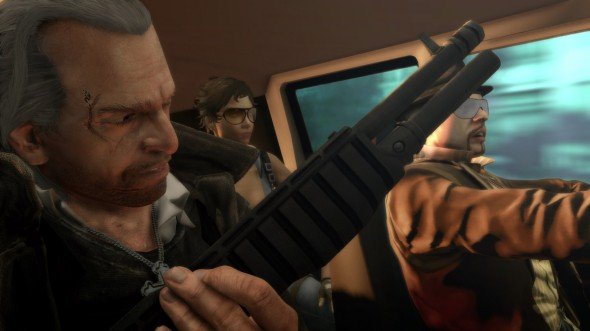
This is a combined operation between the LAPD, DEA and FBI, and they're tasked with finding a leak within LA law enforcement. Which leads them to a scummy apartment in downtown LA. On their way in, the DEA agent gets a phone call. I don't hear it, because the demo is about playing the LAPD detective. Each character is going to get snippets of story unique to them, interspersed during the main story. Three leads, three slightly different stories.
So back to the scummy apartment. They burst through the door, all shouting their respective agencies. After engaging in some forceful persuasion, they convince this scared Mexican chap to wear a wire. A few minutes later, he's dead, and some gangsters are driving away. So naturally, you're going to follow them.
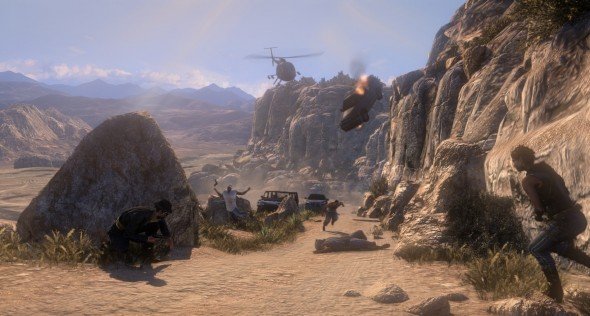
This is where Call of Juarez is starting to separate itself out from the pack. You're playing law enforcement, which means that going in guns blazing and killing everyone isn't going to fly – no one wants to play a paperwork minigame. So there's going to be natural peaks and troughs as you play between the adrenaline fuelled high points of a gunfight and the more slow, tense police work. It's still not clear how much actual detecting you're going to be doing, but it's nice to see something apart from the barrel of a gun on the screen.
Keep up to date with the most important stories and the best deals, as picked by the PC Gamer team.
It carries over into how you handle yourself, too. As the agents reach a club after following the gangsters, they need to get entry. Except, they can't just kill the guys guarding the door. So they punch them in the face instead, because that's slightly less illegal.
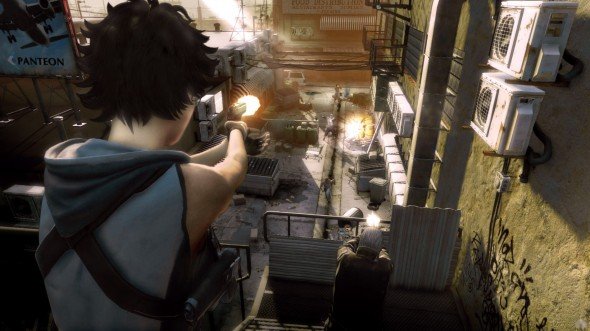
This whole time, the three leads are chatting to one another, little tidbits of story passing between them as you move from room to room, before confronting the drug lord you need for that prisoner exchange. Obviously he's not happy to see you, and his men open fire. Now you can shoot back, in a mixture of triggered slow motion and cover mechanics. It's geared towards cooperative play, with two providing cover fire while a third moves around to flank, and it seems to work pretty nicely.
Far more interesting is the fact that this club is full of people. At least a hundred or so, in a display that I haven't seen since Hitman's Mardi Gras level. During one door breach, the bad guys are actually hiding in the crowd, and picking your first few shots looks like a nerve wracking experience. Luckily, the clubbers realise that gunshots are a bad thing, and duck after one or two have gone off around their heads.
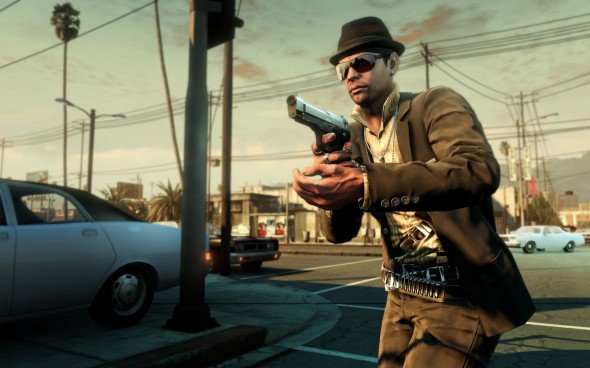
The chase makes it out of the club and into a pair of SUVs, before heading for the highway. The sheer number of cars on the road is impressive, as is the fact this is all part of one seamless level. One player drives, while the other two fire out of the windows, trying to pop a tyre or kill the driver, or whatever tactic cops use to bring a suspect to a halt. They take him down. Next stop the desert.
Moving to a modern setting and away from something the series was doing so well is obviously going to be worrisome, but this blend of contemporary cities with western mainstays is promising. If Techland can keep the character of the previous games and transfer it into today's LA, they could have something unique on their hands.

